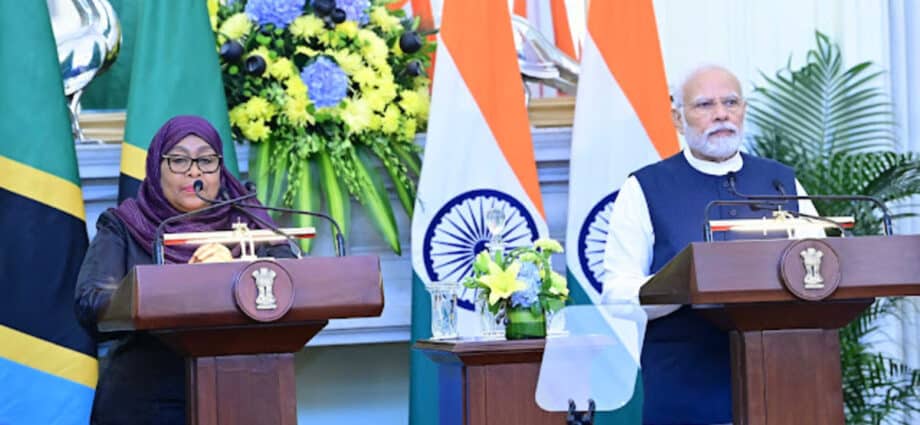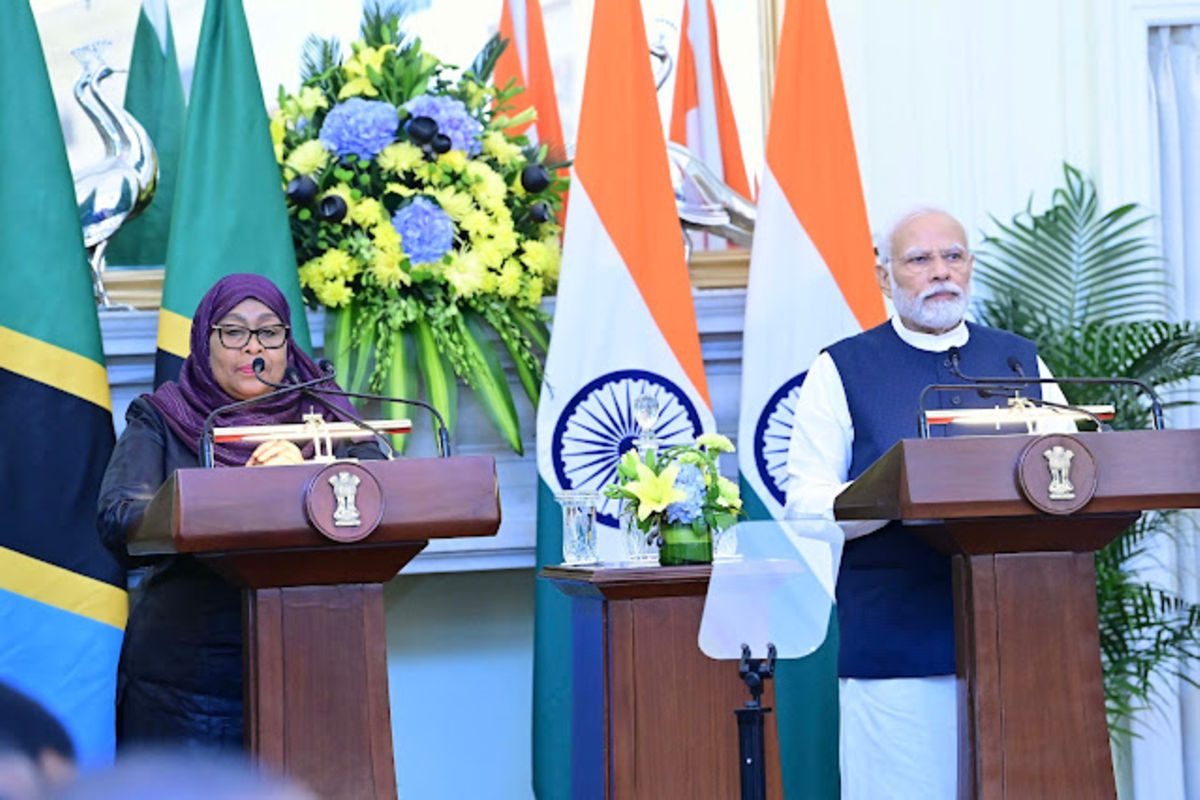Dar es Salaam. Tanzania has now become India’s second-largest trading partner in Africa as the bilateral trade soared by 22 percent in the current financial year.
According to a statement from the High Commission of India in Dar es Salaam, the bilateral trade volume increased to $7.9 billion by May 27 this year, up from $6.48 billion during 2022/23.
The numbers moved Tanzania from being the third India’s largest trade partner from Africa to become the second and replace Nigeria.
Currently, India’s largest trading partner is South Africa, according to the statement.
“The latest trade statistics reveal not only an increase in the volume of bilateral trade but also an improvement in the trade balance,” it stated, adding that Tanzanian exports to India surged by 29.5 percent to $3.29 billion.
Tanzania exports various produce including legumes such as pigeon peas, soybeans, and cashew nuts, alongside avocados and other agricultural goods to India. The East African nation also exports gold and coal to India.
According to the statement, the balance of trade between India and Tanzania has shifted favourably towards Tanzania, improving by $435.51 million.
Tanzania imports essential commodities such as petroleum products, industrial machinery, tractors, motorcycles and automobiles from India. Moreover, India serves as a vital supplier of pharmaceutical products and sugar which is imported to fill the deficit and stabilise local prices.
“The burgeoning trade relations between India and Tanzania underscore the mutual commitment to fostering economic growth, enhancing cooperation, and unlocking shared prosperity,” the embassy stated, adding that the trajectory of the bilateral trade is poised for further growth and diversification in the years to come as both nations continue to deepen engagement across various sectors.
“This robust partnership holds the promise of mutual benefit, driving socio-economic development and prosperity for both India and Tanzania,” it stated.
Tanzania’s relations with India date centuries ago, when trade between the people of the Swahili Coast (including Zanzibar and Tanganyika) and Mandovi River Coast of Gujarat was documented.
The period witnessed the arrival of Indian traders, mostly from coastal Gujarat on the shores of Zanzibar and then to mainland Tanzania.
Last October, President Samia Suluhu Hassan, paid a state visit to India in efforts to elevate the ties to new heights.
The diplomatic relations between the two countries are built upon shared desire to deepen economic, political, cultural, and social engagements that started centuries ago.
The two countries are also linked by Air Tanzania Company Ltd (ATCL) which operates direct flights between Dar es Salaam and Mumbai.
In 2021, ATCL and Air India signed an interline agreement which was meant to increase connectivity for customers of both airlines.















